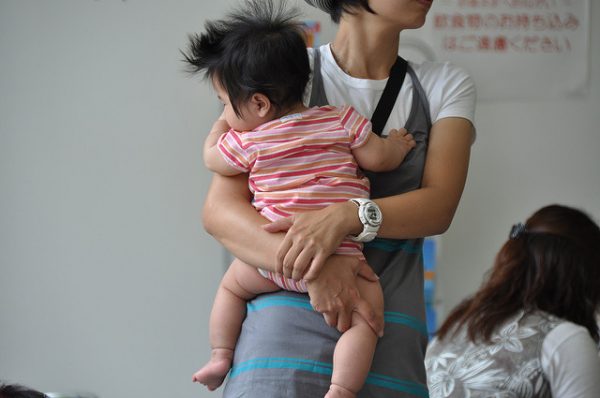
Images of smiling mothers and children flowed through our newsfeeds last week week as millions of Americans celebrated Mother’s Day. Yet, within the slew of digital odes to motherhood, many users posted messages of support for women who either voluntarily or involuntarily opted out of motherhood. Sociologists have long explored the meanings of motherhood and its social impacts on the women excluded from its definition.
Despite increasing support for gender equity, the traditional role of mother and the myth of ‘maternal instinct’ are still recognized as ‘natural’ rites of passage in a woman’s life. Women without children — particularly those who do not desire to have children — face stigma and criticism from friends, family and even coworkers that their childless status is abnormal and selfish. Even those who are involuntarily childless are portrayed as bereft and damaged. Childless women have resisted these depictions by expressing their reasons for opting out of motherhood. These include commitment to career aspirations, adverse childhood experiences, and idealistic perceptions of what good mothering looks like.
- Marian Faux. 1984. Childless by Choice: Choosing Childlessness in the Eighties. New York: Anchor Press/Doubleday.
- JaneMaree Maher and Lise Saugeres. 2007. “To Be or Not to Be a Mother? Women Negotiating Cultural Representations of Mothering.” Journal of Sociology 43(1): 5-21.
- Gayle Letherby. 2002. “Childless and Bereft?: Stereotypes and Realities in Relation to ‘Voluntary’ and ‘Involuntary’ Childlessness and Womanhood.” Sociological Inquiry 72(1): 7-20.
- Ruth E. S. Allen and Janine L. Wiles. 2013. “How Older People Position Their Late‐Life Childlessness: A Qualitative Study.” Journal of Marriage and Family 75(1): 206-220.
In the absence of children, people find alternative ways to form familial bonds. Contrary to cultural representations of childless women as cold and selfish, Amy Blackstone illustrates how childless couples have more time to develop closeness through intimacy and sexual activity with their partners. Furthermore, some research suggests that women in childless relationships are more likely to earn higher incomes, work outside the home, and face less pressure to complete household duties traditionally relegated to women.
- Amy Blackstone. 2014. “Doing Family Without Having Kids.” Sociology Compass 8(1): 52-62.
Women may also opt in to motherhood even after being staunchly against the idea. Some become pregnant unexpectedly, while others encounter life experiences, such as desire from one’s partner to have a child or the death of a loved one, that ultimately transform their plans from not wanting children to preparing for motherhood.
- Julia Moore. 2017. “Facets of Agency in Stories of Transforming From Childless by Choice to Mother.” Journal of Marriage and Family (79)4: 1144-1159.

Comments 1
angelina — May 23, 2018
mother is the best person in the world. she always cares about whatever we do. so, love your mother